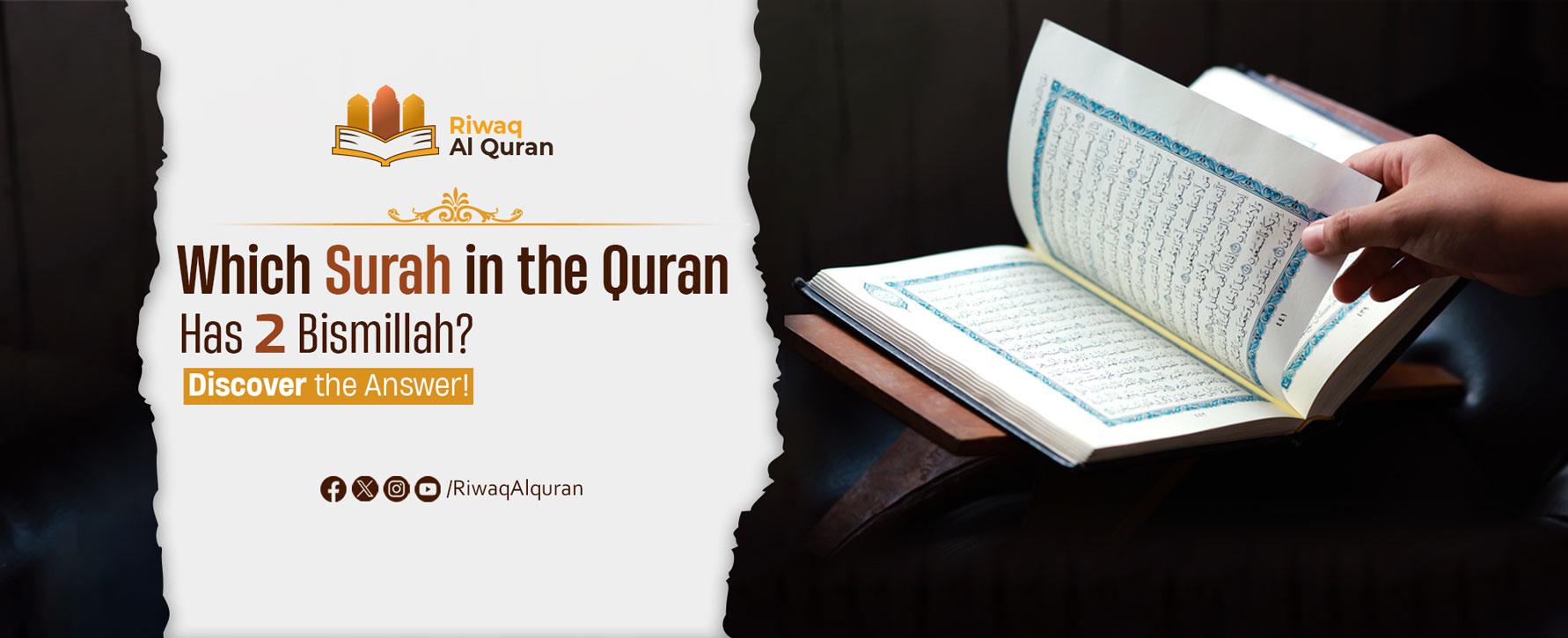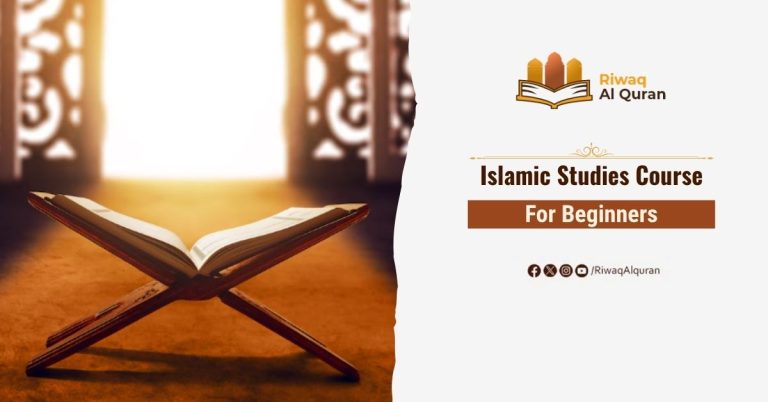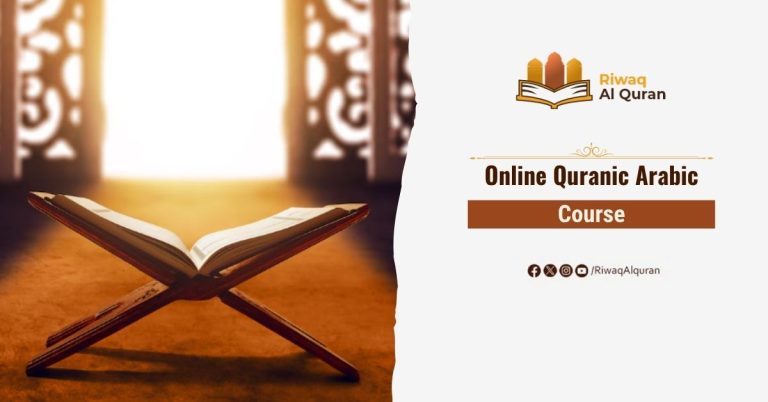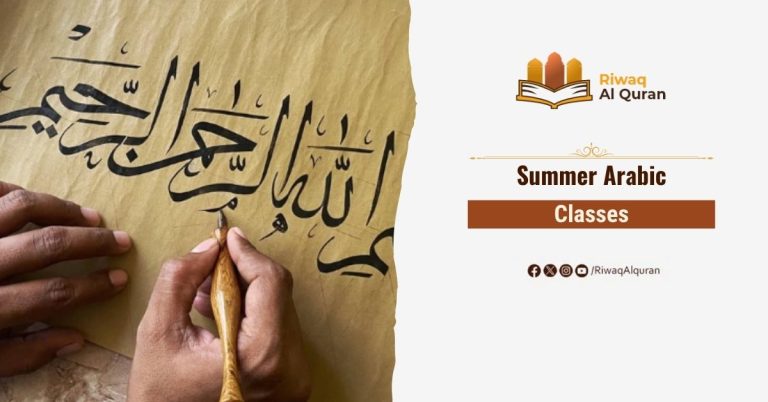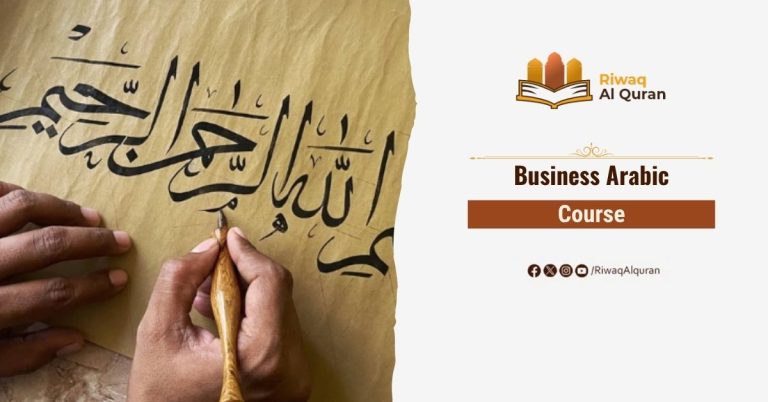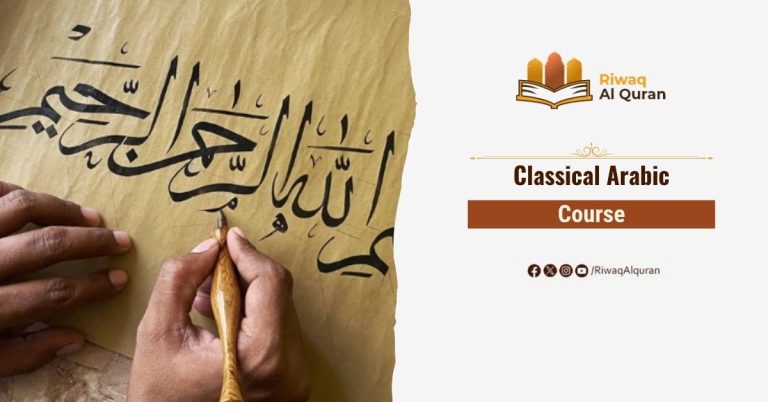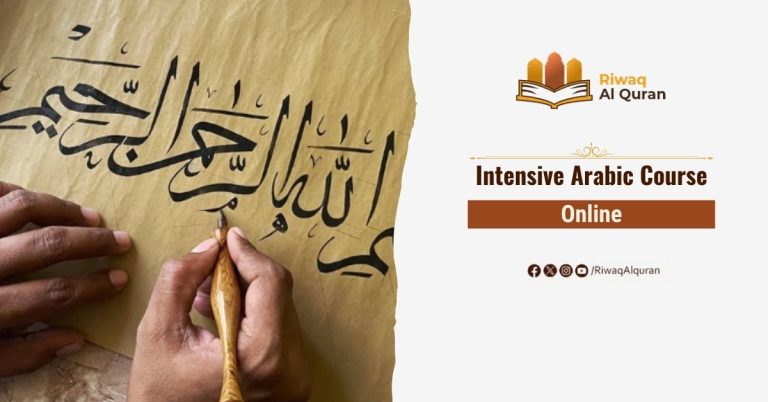Which surah in the Quran has two Bismillahs? The answer is Surah An-Naml, the 27th chapter of the Quran. While every surah (except At-Tawbah) starts with “Bismillah-ir-Rahman-ir-Raheem,” Surah An-Naml is the only one that includes it twice—once at the beginning and once in verse 30.
The second Bismillah appears in the letter Prophet Sulayman (Solomon) sent to Queen Bilqis, emphasizing the importance of beginning communication with the name of Allah. This unique feature highlights both the prophetic etiquette and the literary beauty of the Quran.
Table of Contents
Which Surah in the Quran Has Two Bismillah?
The Quran, the holy book of Islam, contains 114 surahs (chapters). Each surah typically begins with the phrase Bismillah-ir-Rahman-ir-Rahim. However, there is a unique surah that contains this phrase twice: Surah An-Naml (The Ant).
Surah An-Naml is the 27th surah in the Quran. The first occurrence of “Bismillah-ir-Rahman-ir-Rahim” is at the beginning of the surah, as with most other surahs. The second occurrence is found in verse 30, where it is part of a letter written by Prophet Sulayman to the Queen of Sheba. This makes Surah An-Naml the only surah in the Quran to contain two instances of the phrase.
Two Bismillah In Surah Naml
The phrase “Bismillah-ir-Rahman-ir-Raheem” (In the name of Allah, the Most Gracious, the Most Merciful) appears at the beginning of every surah in the Quran—except Surah At-Tawbah. However, there is one surah where it appears twice, making it unique among the 114 surahs of the Quran.
That surah is Surah An-Naml (The Ant).
Where Are the Two Bismillahs in Surah An-Naml?
- At the Beginning: Like most other surahs, Surah An-Naml opens with the basmalah: “Bismillah-ir-Rahman-ir-Raheem” (Quran 27:1)
- In Verse 30: It appears again in the letter that Prophet Sulaiman (Solomon) sent to Queen Bilqis (the Queen of Sheba): “Indeed, it is from Solomon, and indeed, it is [written], ‘In the name of Allah, the Most Gracious, the Most Merciful.’”
(Quran 27:30)
Why Does Surah An-Naml Have Two Bismillahs?
There are several interpretations and reasons scholars have mentioned:
1. The Basmalah in Solomon’s Letter
The second Bismillah is a direct quote from the letter Prophet Solomon sent to Queen Bilqis. He began his letter the same way Muslims begin many things today: by invoking the name of Allah. This shows the prophetic tradition of starting matters with the remembrance of Allah—a tradition we continue today.
2. To Balance the Missing Basmalah in Surah At-Tawbah
Some scholars suggest that this second occurrence in Surah An-Naml compensates for the absence of the basmalah at the beginning of Surah At-Tawbah. That surah begins without it because its content includes warnings and discussions of war, and therefore the merciful tone of the basmalah is intentionally omitted.
With 113 basmalahs in the beginnings of surahs (excluding At-Tawbah), and one extra in Surah An-Naml, the total becomes 114 basmalahs—matching the number of surahs in the Quran.
3. Emphasis on Wisdom and Peace in Communication
By quoting the basmalah in a royal letter, the Quran highlights the importance of starting with Allah’s name even in diplomacy and state matters. Prophet Sulaiman, despite his power, chose a tone of mercy and peace, which is reflected in starting his letter with “Bismillah-ir-Rahman-ir-Raheem.”


Learn Quran With Riwaq Al Quran!
Are you looking to deepen your understanding of the Quran and enhance your recitation skills? Join our comprehensive courses at Riwaq Al Quran. Our experienced instructors provide personalized guidance, helping you master the art of Quranic recitation, memorization, and interpretation. Enroll today and embark on a transformative journey with the Quran!
We offer several courses such as:
- Online courses for kids.
- Online Quran classes for kids and adults.
- Online Arabic courses
- Online Ijazah courses
- Online Islamic Studies courses.
Conclusion
Surah An-Naml stands out not just for its powerful stories but also for containing two Bismillahs. Scholars see this as balancing the Quran’s structure, making the total number of basmalahs equal to the number of surahs: 114.
This subtle detail carries deeper meaning—reminding believers of the value of beginning all actions with the name of Allah, whether in scripture, speech, or daily life.

